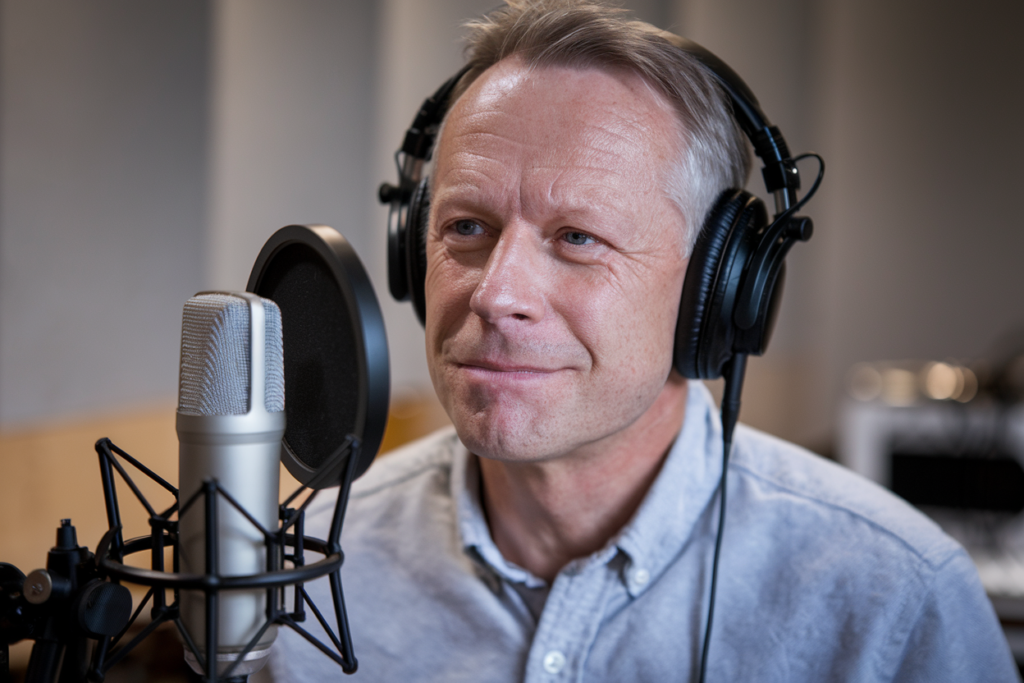Gaelic voice over services offer a unique and culturally rich way to connect with audiences in regions where Gaelic is spoken, such as Scotland and Ireland. These services provide narration, dubbing, and other voice-related work in the Gaelic language, bringing authenticity and emotional resonance to various projects. Here’s an in-depth look at Gaelic voice overs, their significance, and what makes them special.
What Are Gaelic Voice Over Services?
Gaelic voice over services involve professional voice actors delivering scripts in Gaelic. This service caters to a variety of industries, including:
- Media and Entertainment: Films, TV shows, and online videos requiring Gaelic narration or dubbing.
- Education: E-learning modules and language courses designed for Gaelic learners.
- Marketing and Advertising: Commercials aimed at Gaelic-speaking audiences.
- Gaming and Apps: Localization of games and mobile applications into Gaelic.
These services ensure the message is conveyed naturally while preserving cultural and linguistic authenticity.
The Importance of Gaelic Voice Overs
- Cultural Preservation: Gaelic voice overs contribute to preserving and revitalizing the Gaelic language.
- Targeted Communication: They allow businesses and creators to connect directly with Gaelic-speaking audiences.
- Cultural Sensitivity: Using Gaelic for projects demonstrates respect for local traditions and heritage.
Language, Accent, and Dialects in Gaelic Voice Overs
Gaelic as a Language
Gaelic refers primarily to Scottish Gaelic and Irish Gaelic (Irish). While they share a Celtic origin, these are distinct languages with unique grammar, vocabulary, and pronunciation.
- Scottish Gaelic (Gàidhlig): Spoken predominantly in Scotland, especially in the Highlands and islands.
- Irish Gaelic (Gaeilge): Spoken mainly in Ireland, with dialects varying across regions.
When selecting a Gaelic voice over service, it’s crucial to specify the desired form of Gaelic.
Accents in Gaelic
Accents in Gaelic reflect the regional nuances of where it is spoken. For instance:
- Scottish Gaelic Accents: Can vary between islands such as Lewis, Skye, and Barra.
- Irish Gaelic Accents: Differ between Connacht, Munster, and Ulster.
These accents not only represent specific regions but also add authenticity to the project.
Dialects in Gaelic
Gaelic dialects further refine how the language is spoken. Key differences in dialects may include:
- Pronunciation: Variations in vowel sounds and stress patterns.
- Vocabulary: Some words are specific to certain regions.
- Grammar: Subtle differences in syntax and structure.
A professional Gaelic voice actor will understand these variations, ensuring the right dialect is used for your audience.
What to Look for in a Gaelic Voice Over Service
- Native Speakers: Choose professionals who are native speakers of Gaelic for authenticity.
- Dialect Expertise: Ensure they can deliver the specific dialect your project requires.
- Cultural Knowledge: A voice actor with cultural understanding can enhance the delivery of the script.
- High-Quality Recordings: The service should offer crisp, studio-grade audio.
- Experience: Check for experience in similar projects, such as e-learning, advertising, or film.
Applications of Gaelic Voice Over
- Tourism: Gaelic voice overs can enhance visitor experiences through audio guides and promotional videos.
- Documentaries: Narrating content about Scottish or Irish history and culture.
- Business: Communicating with Gaelic-speaking clients or communities.
- Children’s Media: Creating cartoons and educational materials in Gaelic.
Gaelic voice overs combine linguistic precision, cultural depth, and professional quality to make any project resonate deeply with Gaelic-speaking audiences. Whether it’s for entertainment, education, or advertising, these services bridge cultural gaps and keep the rich tradition of Gaelic alive.







